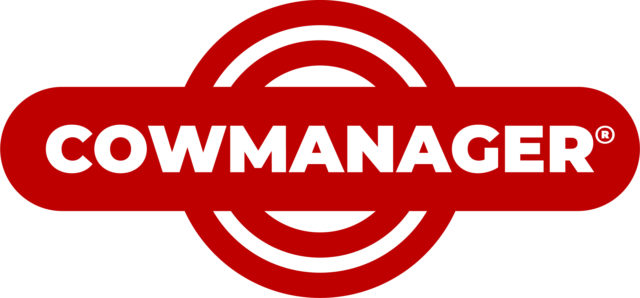This spring, I had the opportunity to serve as a juror for a civil trial in federal court. (I can hear your groans from here. Believe me, I was very interested in how I might be dismissed prior to the trial.) As it turned out, I am glad I was selected to serve.
It was quite the lesson on the inner workings of the federal judiciary system. At times, it was exciting and at times was as boring as watching paint dry – the experience, nonetheless, was an exercise in civil duty and personal responsibility.
It was essentially an injury case where one party claimed another party’s actions and/or inactions had caused them injury and loss. We heard the evidence and concluded unanimously that the defendants were not guilty. To be honest, if the plaintiff’s lawyers had any idea of my heavy equipment background, they likely would have disqualified me. The damages suffered because of a motor vehicle accident could have been much worse (if not fatal) if not for the driving skills of the defendant.
I could not help thinking how painful and demoralizing it would be to go through these procedures as a farmer accused of negligence and facing the loss of the home farm because of bad luck – and not much else besides bad luck.
Of course, when it comes to farm liability nowadays, one’s thoughts immediately turn to agritourism and agritainment enterprises. The owner of a longtime destination farm in central Virginia noted one time at an agritourism gathering that “It isn’t a question of if you’ll get sued, but when you will be sued.”
A colleague once told me it takes two to have a fight, to which I replied, “Not if one has a lawyer.” The more a farmer interacts with people who aren’t family members or employees of that particular farm, the more likely the farmer is to have an unfavorable experience. But what about most farms that do not have visitors or even strictly limit anyone seeking access to the operation? The answer is: They need protection as well, especially if they hire employees to work on the farm.
One of the subjects we have been asked to consider teaching as extension personnel is equipment operation – not advanced techniques on getting the most out of a piece of equipment; producers are seeking a basic class of how to start and drive a tractor and how to avoid “DNKH” (dang near killed him/herself).
Safety shields and switches are far too often missing from much of our equipment. Many times, it is just a matter of taking the time to replace a part once damage occurs. As many of you who are longtime readers know, I lost my own father to just this scenario. Dad had a starter safety switch fail on a small tractor we used nearly every day on the farm. The switch was a simple plunger which prevented the engine from starting unless the clutch pedal was pushed in. In a rush to save time, Dad bypassed the switch so the tractor would start despite the bad switch. He serviced the hydraulic filter one afternoon in November 2005 – and when he bumped the starter to check for leaks, the tractor ran over him and he died a few hours later from his injuries.
In the days that followed, the manufacturer sent their area service manager to the farm to investigate. He and I had a very cordial conversation; he knew Dad well and was personally upset over his death – but make no mistake; he was there primarily to gather information in case we sued the company for Dad’s injuries.
Think of the ramifications if the person who was injured and killed was not a family member but an employee, visitor or even a thief. Not only would the company be worried, but the person who overrode the safety switch would definitely have some forthcoming legal issues. Again, as our society drifts further away from our rural roots, the likelihood your next employee will have zero farm equipment experience will continue to grow as well. When that’s the case, what steps might your farm have to take to be sure your employees are as fully trained in the operation of your farm’s equipment as possible?
Not only should training be offered, but evidence of training needs to be in place. I recently had a conversation with a young man who travels a good deal in his career. He was lamenting the outrageous driving he sees daily and concluded that his next purchase would be a dash camera to document all the details if (or more likely when) he was involved in an accident. Undertaking a comprehensive training program, along with the documentation of it, might seem to be a daunting task if you are thinking of how you might implement such a program on your farm. I would suggest that banding together with your neighbors, including first responders in your community, makes a great deal of sense.
A good friend of mine who works at a Midwestern tractor dealership and I were discussing farm equipment accidents on social media a few months ago, and what he wrote resonated with me. “Safety is a habit, and so are safety shortcuts.”
That’s exactly right. Safety is a habit, one we can all live with.






